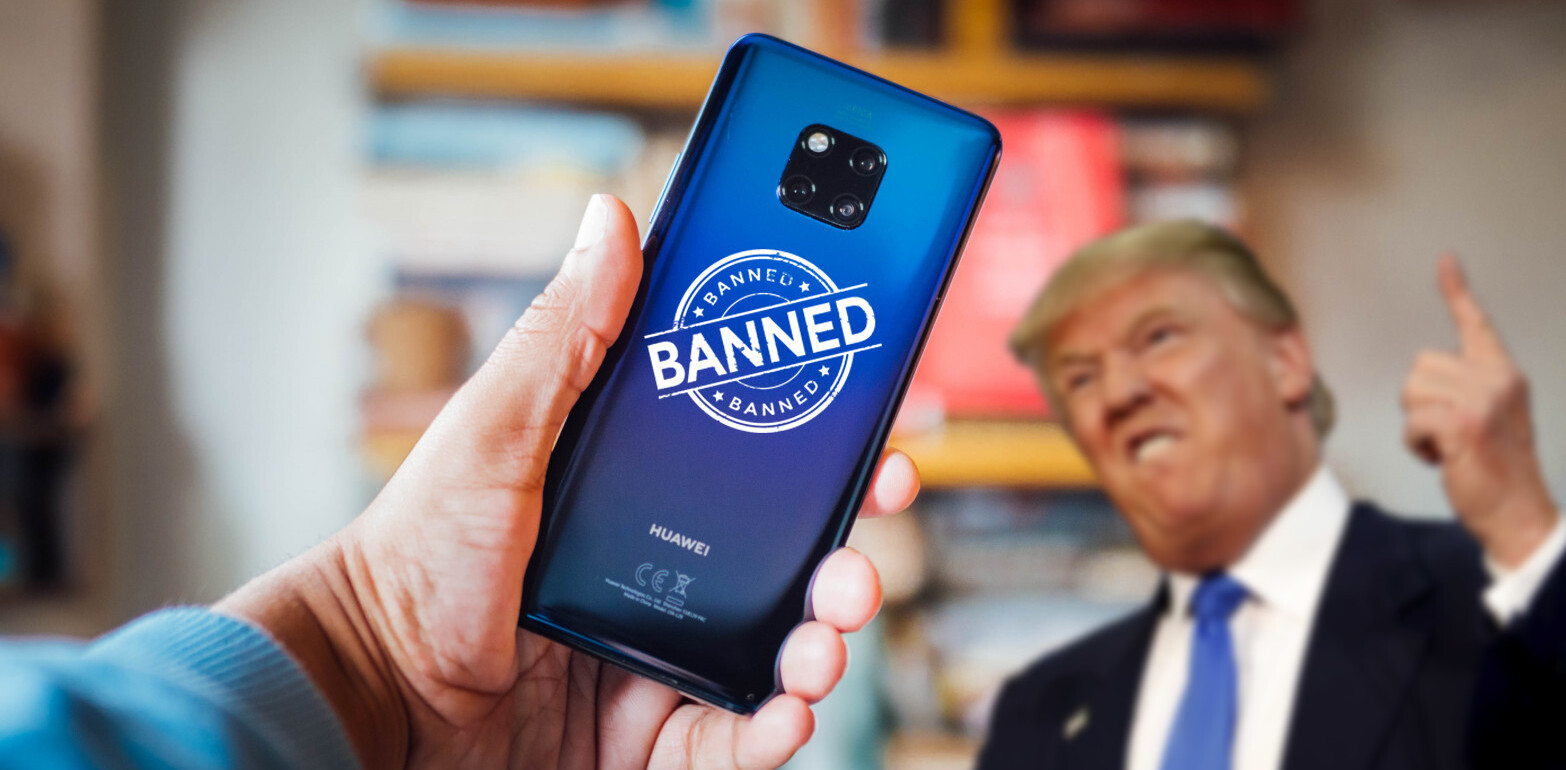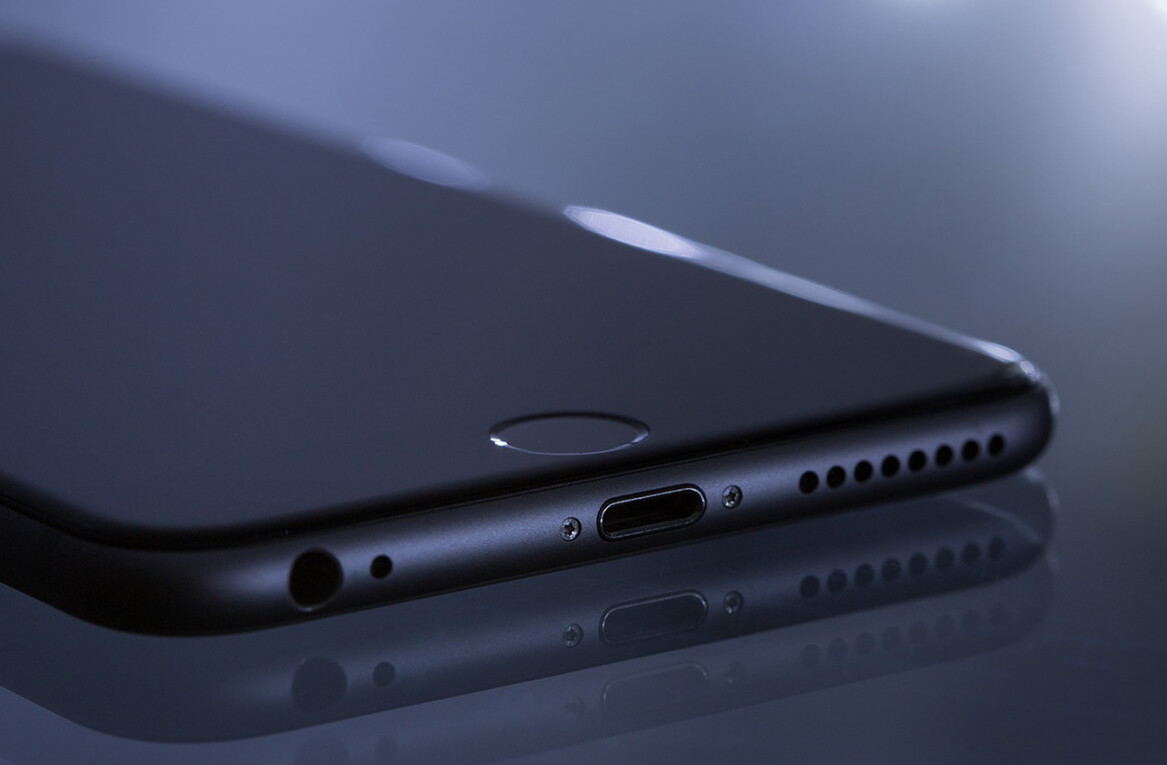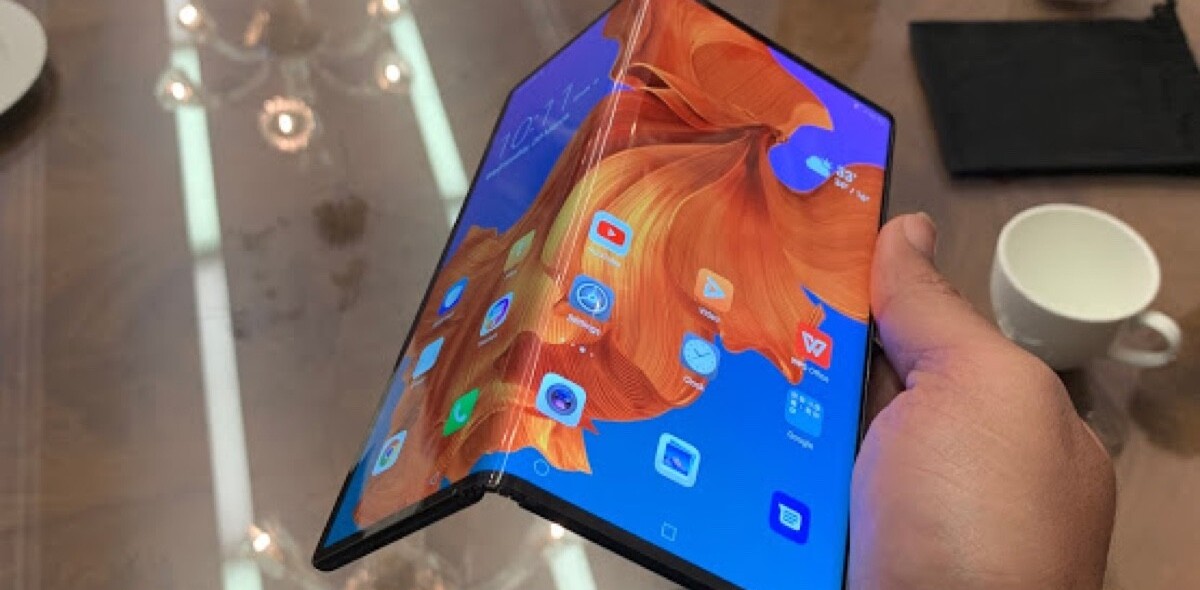
In an event held just outside of Los Angeles in Santa Monica, Amazon announced the successor to its first tablet effort: The Kindle Fire HD, an 8.9″ IPS tablet at 1900×1200 resolution that costs $299. The original Fire model will be kept around at a lower $159 price, and there is also a new, smaller 7″ $199 HD model.
Photos, movies, music and more are all synced in the cloud for all Kindle Fire devices.
The new Kindle Fire HD has an upgraded display, two WiFi antennas and includes MIMO technology to improve WiFi connectivity.
The Kindle Fire HD is the first tablet to include MIMO technology, 2.4Ghz and 5Ghz and two antennas. Amazon CEO Jeff Bezos says that this makes the WiFi faster than the iPad.

The Kindle Fire HD runs on an OMAP 4 processor with increased processing power and memory bandwidth.
The new tablet has a laminated display for better contrast and less glare.
The Kindle Fire HD also has dual-stereo speakers and Dolby Digital Plus sound technology.
The storage of the Kindle Fire HD has also been upgraded. “For a hi-def device, 8GB is dead on arrival,” said Bezos. “We’re starting Kindle Fire HD at 16GB.”
The Kindle Fire HD also brings along an expansion in audiobooks. This is enhanced by a new technology called WhisperSync for Voice.
In addition, Amazon has also announced WhisperSync for Voice and bimodal reading that fuses a Kindle book and an audiobook in a new feature called Immersion Reading. This lets you listen to an audio book while you’re reading, which increases reading retention.
WhisperSync is also being applied to games, letting you sync your game saves between devices.
X-Ray for movies is also coming to Kindle Fire HD. This allows you to see additional information about a movie while you’re watching it.
The Kindle Free Time feature lets you set limits on how long your kids can use the tablet and even allows you to limit by specific features. There’s also a kid-friendly interface that allows parents to visually track what their kids are doing more easily.
A short but fiery history
The original 1024×600 Kindle Fire was announced just before the holiday season last year. It was seen as a stopgap measure by Amazon to jab its toe into the quickly steamrolling tablet market. Amazon is an enormous content distributor, so it only made sense for it to have its own conduit by which to do that.
Only, this time around, it will likely have a robust competitor in the iPad mini. We’ve already discussed just how a smaller Apple tablet could succeed based on being a conduit for content. Largely due to the fact that Amazon’s content is largely available in the U.S. only, while Apple has enormous worldwide licensing deals already in place for music, books, movies and TV shows.
The original Kindle Fire was a quickbuild project that used the same basic form factor as the terrible BlackBerry Playbook. The software, however, was a custom-built version of Android that Amazon forked for its own use. The original Fire ran on an Android 2.x fork that is built from the open-sourced segments of Google’s OS.
Technically, you can’t actually call it Android, because that is technically a Google trademark on the version of its OS that contains Google apps and branding. Amazon’s tablet cannot include the Google apps due to Android licensing restrictions, but their own alternatives, including the Amazon Appstore, seemed up to the basic task of providing a way for users to read and watch their Amazon content.
Unfortunately, Amazon never felt confident enough about the sales of the original Fire to release any hard numbers, leading most to speculate that they actually didn’t sell that well at all. Amazon did insist that the Fire maintained a top slot in consumer device sales on its site and recently claimed that it had captured 22% of the tablet market in the US.
The general lack of built-in apps like Google Maps was seen as motivation for Amazon’s purchase of 3D mapping company UpNext and its rumored mapping partnership with Nokia.
You can follow all of our Amazon coverage for the day here. For more, check out our roundup of everything you need to know about today’s event.
Image Credit: Kenneth Lu
Get the TNW newsletter
Get the most important tech news in your inbox each week.













